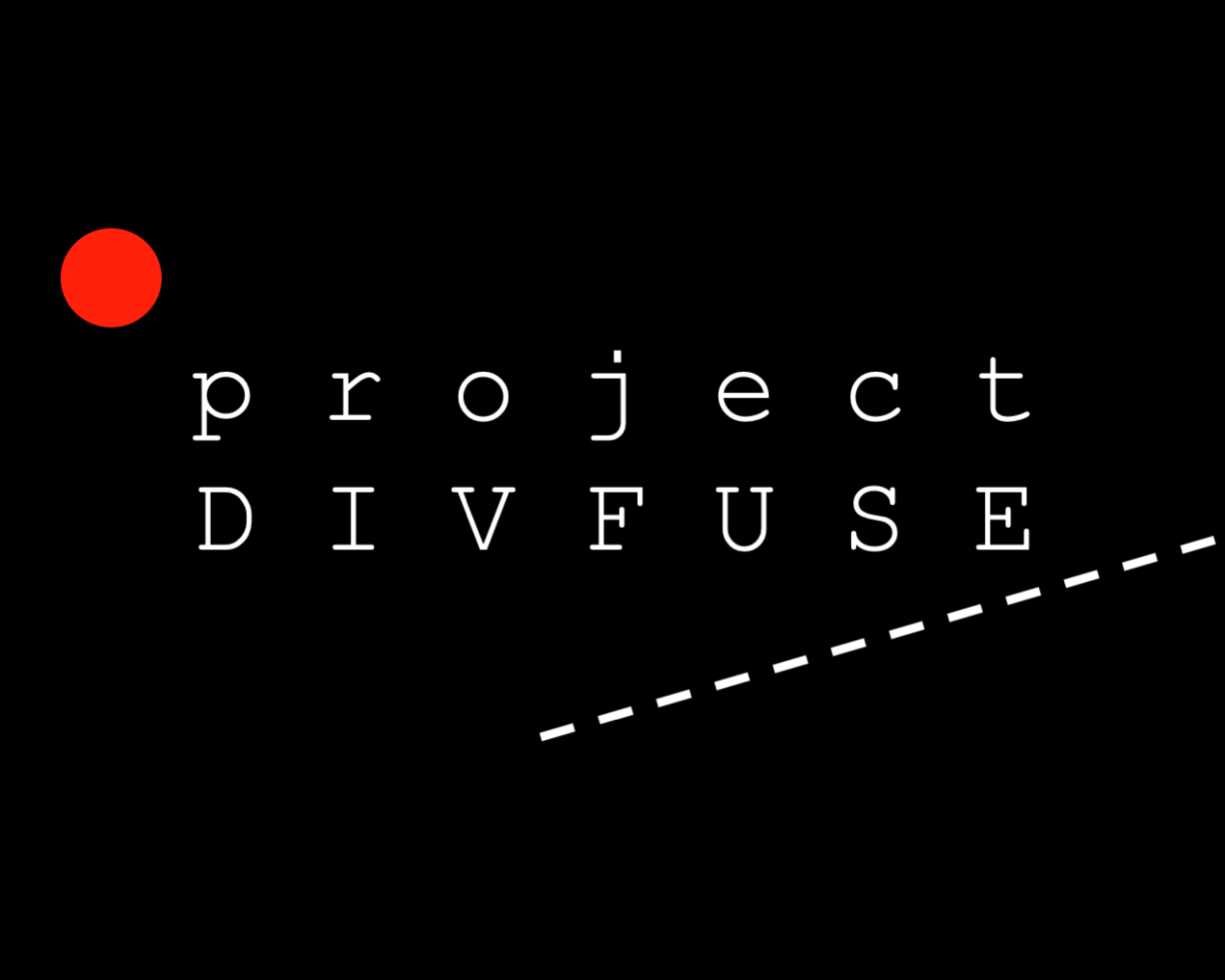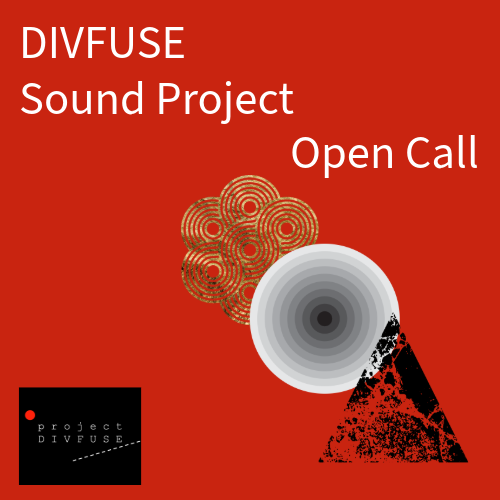Session One Friday 19 December 2025 6:00pm
Session Two Saturday 20 December 2025 4:30pm
£8 | 8 places only per session | Please email divfuse@gmail.com for tickets
Lecture with demonstrations. Duration : approximately one hour

“What we know is constrained by interpretive frameworks, which, of course, limit our thinking: what we can know will be determined by the kinds of questions we learn to ask.”
Michelle Z. Rosaldo[1]
Improvising is something we all do in life, to a greater or lesser extent, and also in art and music… but wittingly or not we may fall into unhelpful or limiting patterns in our improvising – what are they and how could we avoid them?
Some creators adopt improvisation as one strategy among many; for others it becomes the primary focus of their practice. What is the relationship between improvisation and control? Which comes first, awareness or improvisation?
What does it mean to give oneself over completely to improvisation? Is it even possible to do so? What does it require of us, and where does it get us? How may we use it to extend our selves and break open our assumptions around what we think we know about art, about our own identities and those of others, and about how we relate to each other?
If we don’t continually attempt this, what happens to our improvising?
This talk draws on Kraabel’s work-in-progress, ‘If it works, stop. If it doesn’t work, do it again’, a long text on improvisation.

